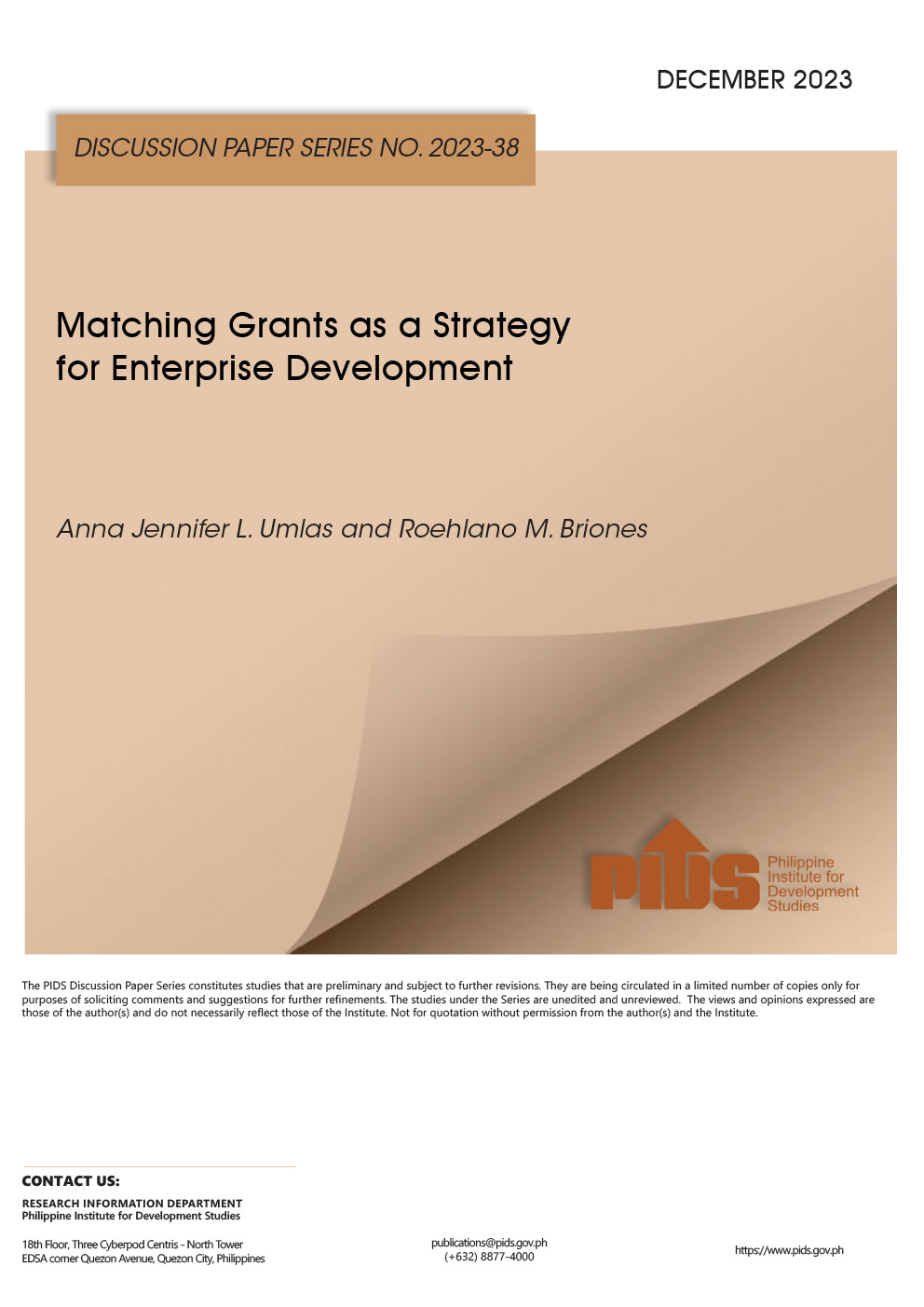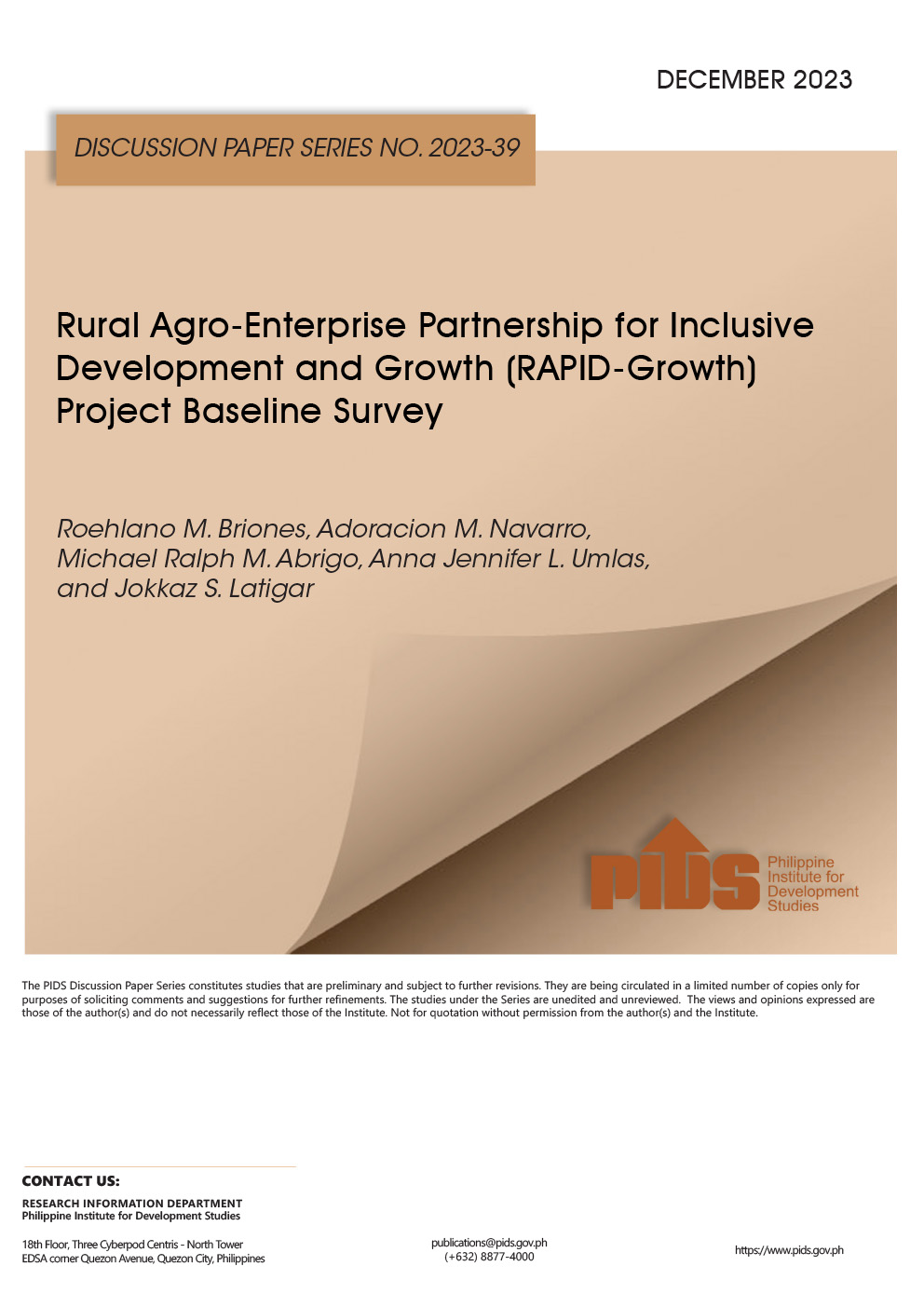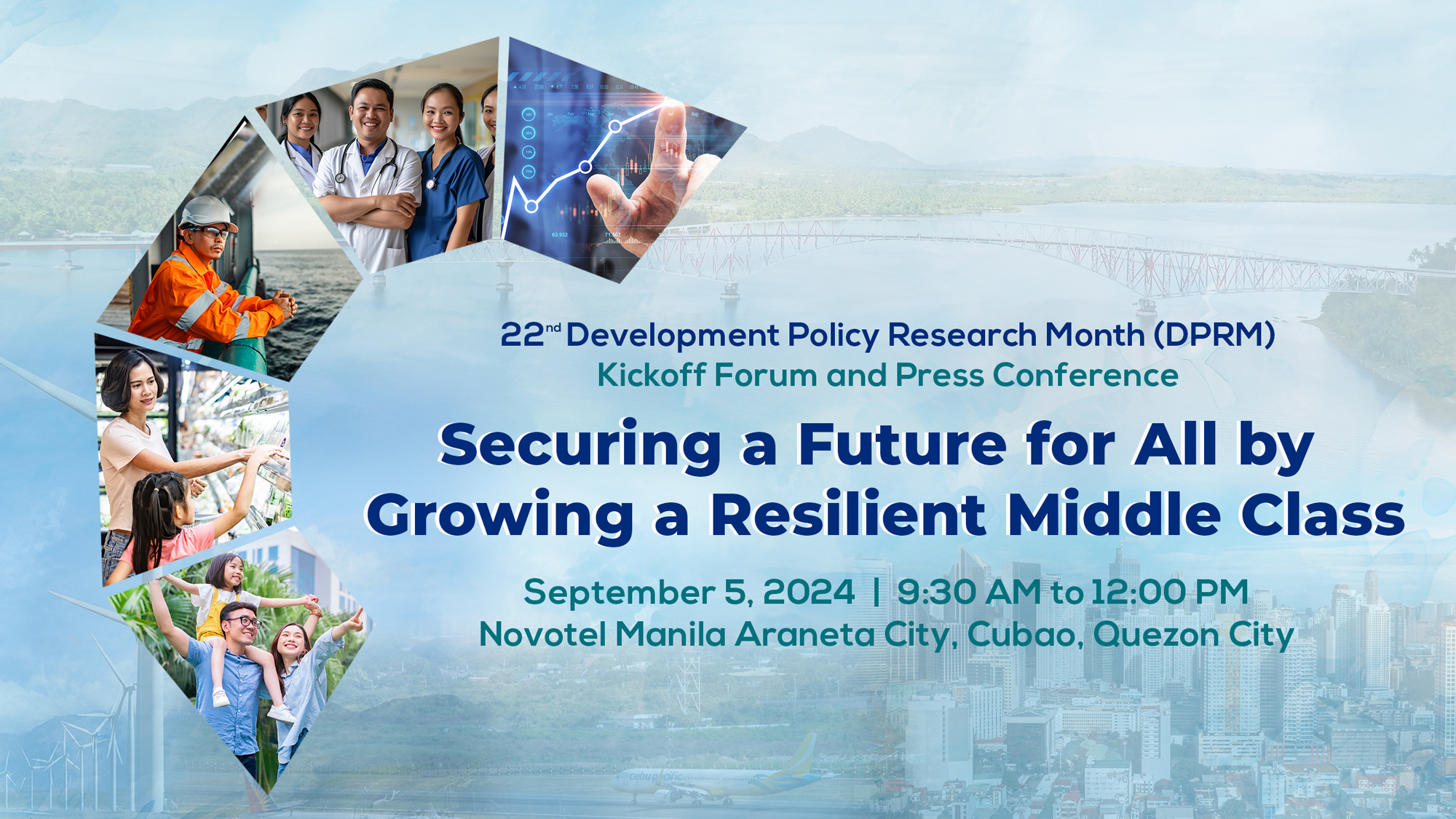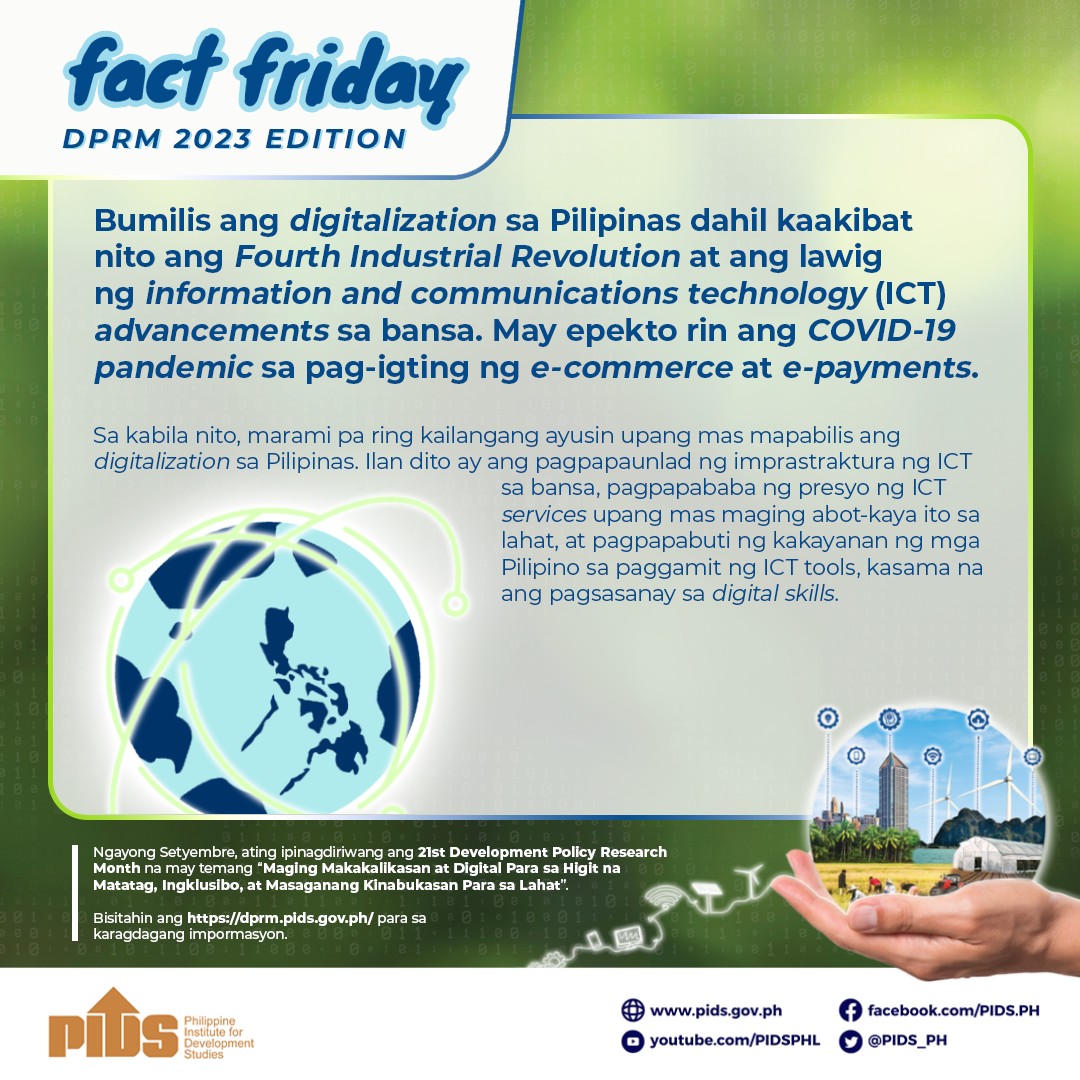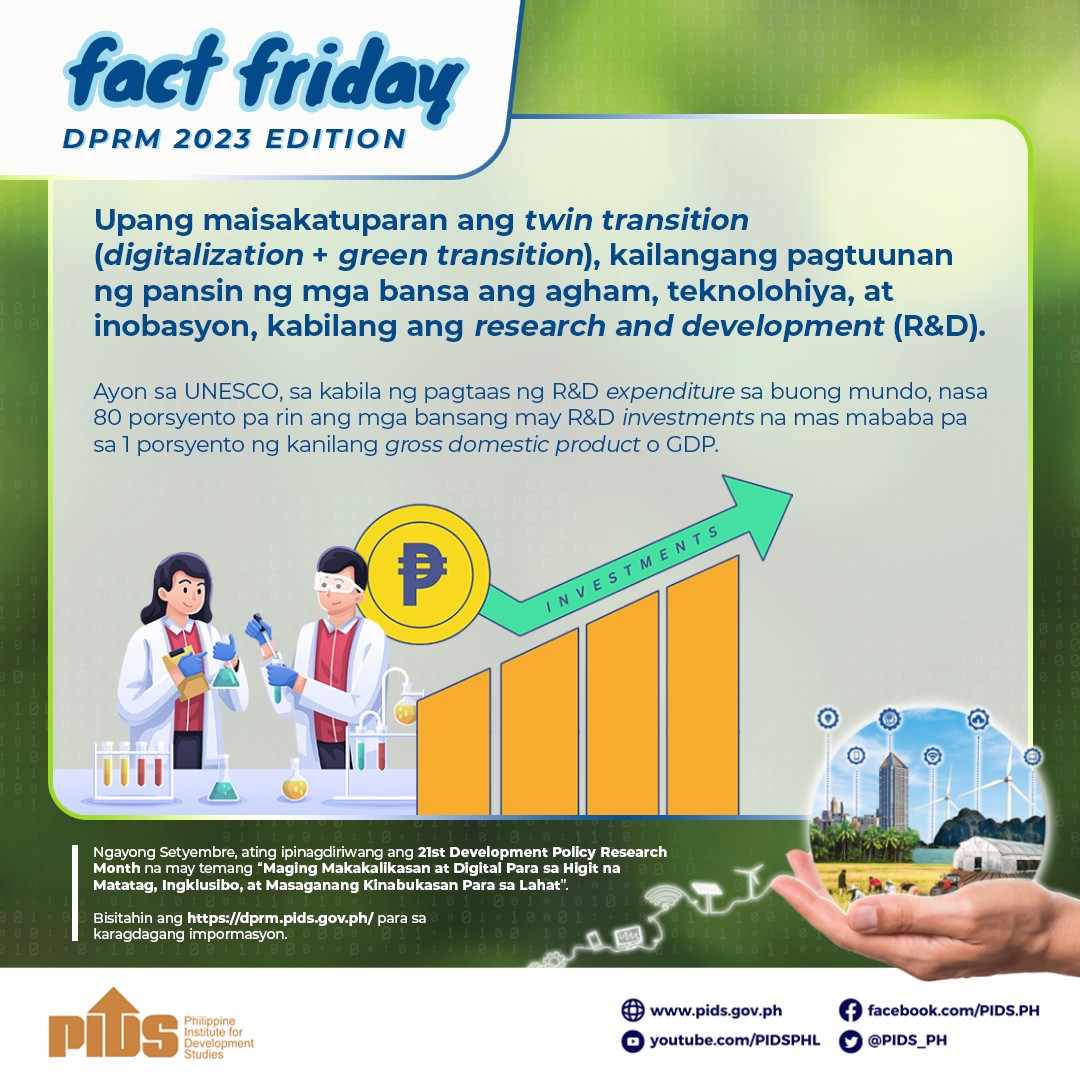SENATOR Cynthia Villar questioned the Department of Agriculture on October 9, during the hearing of the agency’s budget for having a high allocation for research and development.
“Parang lahat ng inyong budget puro research? Baliw na baliw kayo sa research. Aanhin niyo ba yung research? (It seems like all of your budget goes to research. You are so crazy about research. What will you do with those research?),” Villar was quoted saying in a Philippine Daily Inquirer report by Krissy Aguilar Wednesday.
She added, “Ako matalino akong tao pero hindi ko maintindihan yung research niyo, lalo na yung farmer. Gusto ba ng farmer yung research? Hindi ba gusto nila tulungan niyo sila? Bakit ba lahat ng budget niyo research? (I’m a smart person but I don’t understand your research, what more of the farmers. Does a farmer want research? Don’t they want you to help them? Why is it that all of your budget goes to research?)”
The Department of Agriculture has allotted P150 million for research under the National Corn Program. This irked the senator during the budget hearing; hence, her outburst.
Villar said if she were the farmer, she would rather be given machineries and seeds instead of research.
It is unfortunate that we have to break it to her that research and development is an integral part of the agriculture industry if it wants to move forward.
According to a Philippine Institute for Development Studies (PIDS) discussion paper by Roehlano M. Briones and Ivory Myka R. Galang entitled “Assessment of Prospective Impact of Fruits and Vegetables Research at the Industry Level in the Philippines: the Case of the ACIAR-PCAARRD Horticulture Project”, research and development has helped improved productivity in agriculture citing examples from Philippine neighbours.
“Among these are tilapia farming in the Philippines, hybrid rice in China, baby corn in Thailand and oil palm in Malaysia (SEARCA, 2009). There is empirical evidence that high levels of R&D improve productivity and economic performance of the agricultural sector,” the study states.
Meanwhile, according to the Philippines Mindanao Jobs Report of the World Bank, “integrated research closely linked to enhanced extension services could do a great deal to raise agricultural productivity.”
The study also pointed out that “higher and better quality investments in agricultural research and development could bring about technological changes that could support productivity growth.”
There are numerous studies out there that the senator can look into that will explain to her the importance of research and development.
Countries with an advanced agriculture sector also owe it to research and development to get where they are now.
A look through the history books would also show that research and development was what allowed our agricultural to advance globally. It is through this that we are able to make machineries and develop seedlings, which the senator said farmers need.
On the flip side of the coin, one of the senator’s statements does make some sense. Maybe, what she actually meant when she said “Aanhin niyo ba yung research?” is while there are research available, it does not reach the farmers.
According to the Philippines Mindanao Jobs Report, “what agricultural research there is has rarely been targeted to practical applications in the field.”
“Spending on research has gone up substantially since 2010 when the BAR (Bureau of Agricultural Research) increased its funding for national programs on rice, maize, and high-value commercial crops. However, not all of what has been budgeted has been spent, and research is largely supply-driven with little participation by the private sector in areas that could create commercial value,” the report states.
It added that “More generally, research is a fragmented into commodity programs; it fails to address gaps in value chains; and there is little if any effort to incorporate climate change adaptation into the research and extension agenda.”
Research is an integral part of the agricultural industry when it comes to improving it and enhancing it. But the government must also ensure that the results of the research will truly benefit the farmers and agricultural industry as a whole. It must also ensure that whatever research they come out with must be properly communicated to and understood by the farmers.

